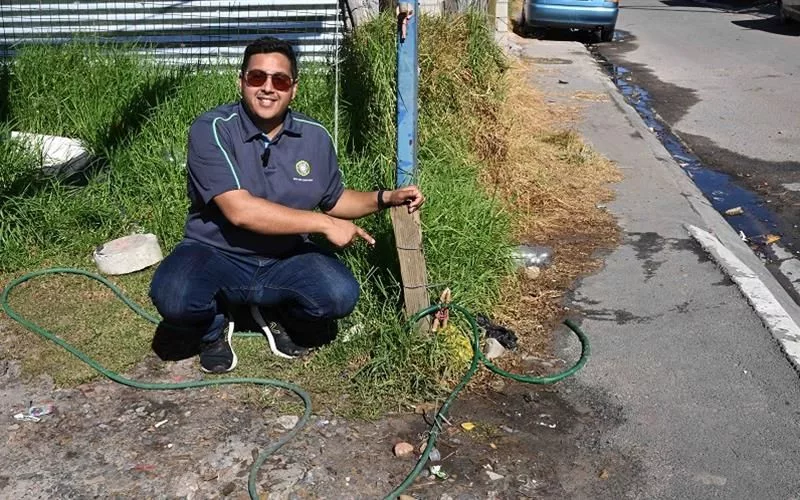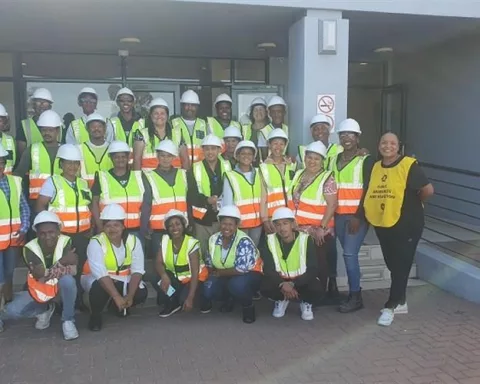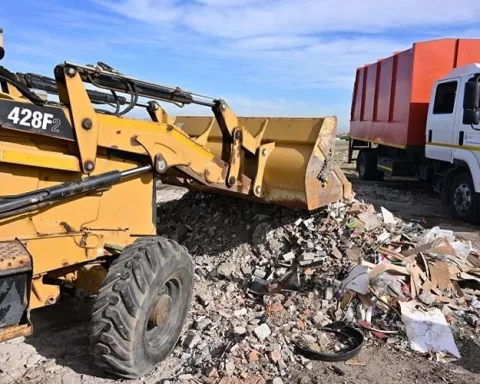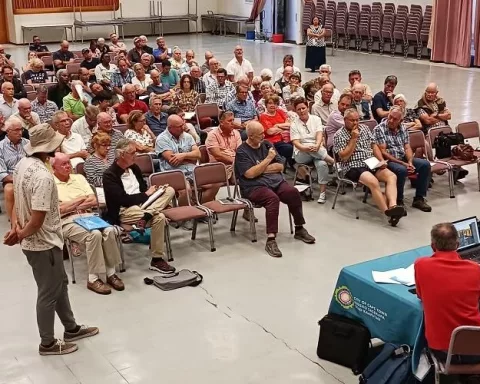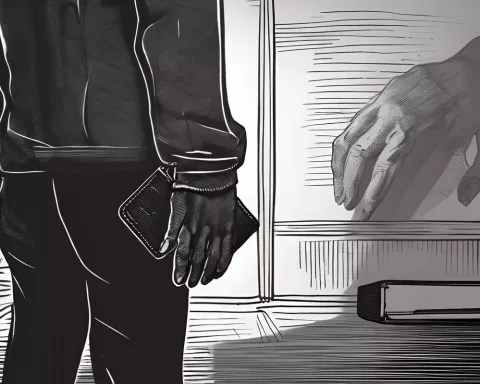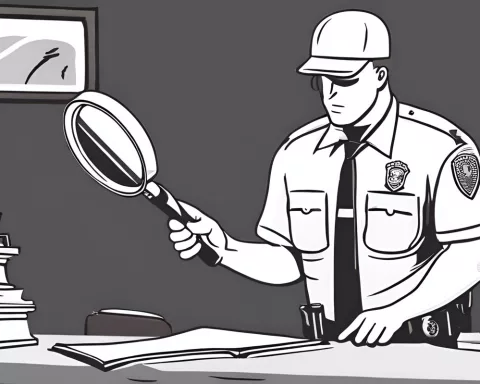Cape Town is fiercely committed to preserving its environment, showcased by the Water and Sanitation Directorate’s Water Pollution Control team’s campaign against unlawful stormwater system connections and discharges. Over the past year, the team inspected over 12,000 properties, issuing 159 violation notices and disconnecting 40 illegal connections. Future plans include continuing inspections and enforcing the correction of illegal connections and discharges. Cape Town’s unwavering dedication to conservation serves as a shining beacon of respect for both current and future generations.
How is Cape Town combating water contamination?
Cape Town is committed to preserving the environment, demonstrated by the Water and Sanitation Directorate’s Water Pollution Control team’s recent campaign against unlawful stormwater system connections and discharges. In the past year, the team inspected over 12,000 properties, issuing 159 violation notices and disconnecting 40 illegal connections. The city’s resolve to honor its environmental commitments is evident in its future plans to continue inspections and enforce correction of illegal connections and discharges.
Nestled on the tip of South Africa, Cape Town is a city famous for its breathtaking views and lively culture. However, it is equally lauded for its steadfast commitment to preserving the environment. An exemplary testament to this dedication is the city’s recent campaign against unlawful stormwater system connections and discharges.
Striving for a Cleaner Environment
In the past year, from March 2023 to February 2024, the Water and Sanitation Directorate’s Water Pollution Control (WPC) team in Cape Town undertook a massive initiative. The team inspected 12,580 properties across the city, encompassing regions such as Masiphumelele, Wallacedene, Imizamo Yethu, Bloekombos, Dunoon, and Joe Slovo. The results of these inspections were eye-opening. They issued a total of 159 violation notices and disconnected 40 illegal connections.
The WPC team embodies a dual-purpose mission. One facet of their work comprises proactive measures like regular compliance inspections throughout the city. Conversely, the other facet involves reactive measures, responding promptly to community requests for review.
Uncovering the Unlawful Practices
One such reactive measure was initiated following complaints from the residents of Witsand, Atlantis. They were against the practice of discharging greywater into stormwater drains, a clear breach of by-laws that has detrimental effects on the environment and private properties downstream.
Investigations conducted by the WPC team in Witsand unveiled the depth of the problem. It was not just an isolated incident, but rather a widespread issue that required urgent intervention.
The procedure of inspection and disconnection, although apparent, is vital to explain. The initial step is a comprehensive door-to-door physical examination to verify compliance with the City’s Stormwater Management By-law. Upon finding violations, the property owner is made aware of the transgression’s effects on public health and the environment. A violation notice is then issued to the owner, stipulating the time frame within which the issue must be resolved.
An Ongoing Commitment to Conservation
Properties that abide by the notice and eradicate the illegal connections receive acknowledgment for their compliance with the relevant legislation. However, the ones that persist in violating the rules face disconnection, a task undertaken in cooperation with the City’s Roads Infrastructure Management (RIMS) Unit and Law Enforcement’s support. The main culprits of pollution were identified as unlawful connections from hairdresser’s washing basins, wastewater from washing machines, direct discharge from toilets, and illegal solid waste dumping.
The city’s resolve to honour its environmental commitments is evident in its future plans. Similar inspections are due to occur in Nomzamo, Lwandle, Asanda Village, Hangberg, and Fisantekraal in the coming weeks. Councillor Zahid Badroodien, Mayoral Committee Member for Water and Sanitation, expressed his appreciation for the WPC team’s monumental efforts, emphasizing the significant contribution they make to the city’s inland water quality.
In a bid to engage the residents, Councillor Badroodien acknowledged the crucial role of the inspectors who will conduct city-wide inspections in the upcoming months to rectify and enforce the correction of illegal stormwater system connections and discharges. As Cape Town forges ahead, its unwavering commitment to preserving its environment serves as a shining beacon of respect for both current and future generations.
What is the Water and Sanitation Directorate’s Water Pollution Control team?
The Water and Sanitation Directorate’s Water Pollution Control team is a group in Cape Town that is responsible for ensuring compliance with laws related to water pollution, specifically stormwater system connections and discharges.
What did the Water Pollution Control team do in the past year?
Over the past year, from March 2023 to February 2024, the Water Pollution Control team inspected over 12,000 properties in Cape Town for unlawful stormwater system connections and discharges. They issued 159 violation notices and disconnected 40 illegal connections.
What is the Stormwater Management By-law?
The Stormwater Management By-law is a piece of legislation in Cape Town that regulates how stormwater is managed to prevent pollution in the environment.
How does the Water Pollution Control team deal with violations?
The Water Pollution Control team issues violation notices to property owners who are in violation of the Stormwater Management By-law. The owners are given a time frame within which to resolve the issue. If they do not comply, their connections are disconnected.
What are the main culprits of pollution in Cape Town?
According to the Water Pollution Control team, the main culprits of pollution are illegal connections from hairdresser’s washing basins, wastewater from washing machines, direct discharge from toilets, and illegal solid waste dumping.
What are the future plans for Cape Town’s Water Pollution Control team?
The Water Pollution Control team plans to continue inspections and enforcing the correction of illegal stormwater system connections and discharges in other areas of Cape Town, including Nomzamo, Lwandle, Asanda Village, Hangberg, and Fisantekraal. The team is committed to preserving Cape Town’s environment and ensuring compliance with laws related to water pollution.

